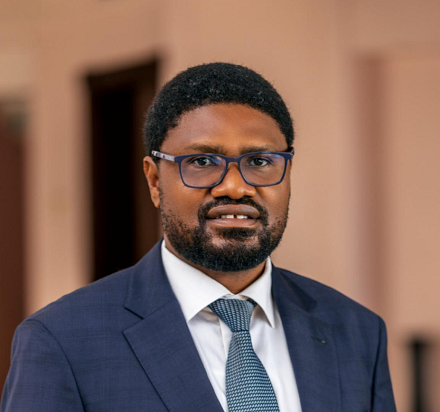By Ali Ssekatawa
The curtains have fallen on COP28 Climate Summit, leaving in its wake a mixed bag of accomplishments and unmet aspirations. Over two weeks of intense negotiations in Dubai, representatives from nearly 200 nations converged, culminating in an agreement heralding a pivotal step toward a fair, orderly and equitable energy transition based on science.
Uganda was fully represented and ensured its position on a just energy transition is fully captured through the African Group of Negotiators on Climate Change (AGN).
A day before the final text was reached, Hon. Eng. Collins Nzovu, Minister of Green Economy and Environment of Zambia, and Chair of the AGN, categorically underscored Africa’s support to limiting global warming to 1.5°C. This he, however, noted should be based on “differentiated pathways where African countries close the supply gap, rather than developed countries continuing to issue exploration licenses to avoid stranded assets as the African supply will be towards the global demand.”
The crux of the COP28 agreement lies in the call for each nation to carve out its unique path towards an energy transition away from fossil fuels by 2050. This resonates particularly well with countries like Uganda, currently navigating the development of its oil and gas projects. This agreement presents an opportunity for Uganda to sidestep the economic jeopardy posed by stranded assets, potentially amounting to trillions of dollars, as the world gravitates towards ‘cleaner’ energy alternatives.
Undoubtedly, the COP28 pact sets Uganda on a promising trajectory. This is considering that it launched an ambitious energy transition plan based on the tripod of accelerating renewables, maximising rare minerals, and decarbonising its oil and gas resources to generate revenue to finance the transition.
The COP28 has made significant strides in acknowledging and addressing the loss and damages experienced by the Global South, emphasising capacity building initiatives, and prioritising technology transfer, particularly for the developing nations within the Global South. Yet, amid these strides, the deal falters on the principle the polluter pays, failing to demand unambiguous commitments for direct, unconditional financing—commonly termed reparations—from the Global North to the Global South. The inadequacy in equitably distributing the burden of historical emissions, borne from the Industrial Revolution’s fervour stoked by coal and fossils, remains an unaddressed ‘historical sin’.
The ideal discourse would have been a resolute commitment to the “First in, first out” principle, stipulating that early producers cease before newer entrants commence. While elements of this principle are hinted at in the agreement’s language of a ‘just, orderly, and equitable’ transition, a more explicit commitment was dearly missed.
For Uganda, the COP28 Summit marked a triumph of hope over pessimism.
As the Kenyan independence figure Jaramogi Oginga Odinga wisely stated, “One who wears others’ clothes remains naked, and one who feeds on others’ food stays hungry”. Until we achieve a fair and just energy transition, it is not yet Uhuru! COP28 nudges us to persevere in pursuit of climate justice.
Ali Ssekatawa is the Director of Legal and Corporate Affairs
Email: corporateaffairs@pau.go.ug





